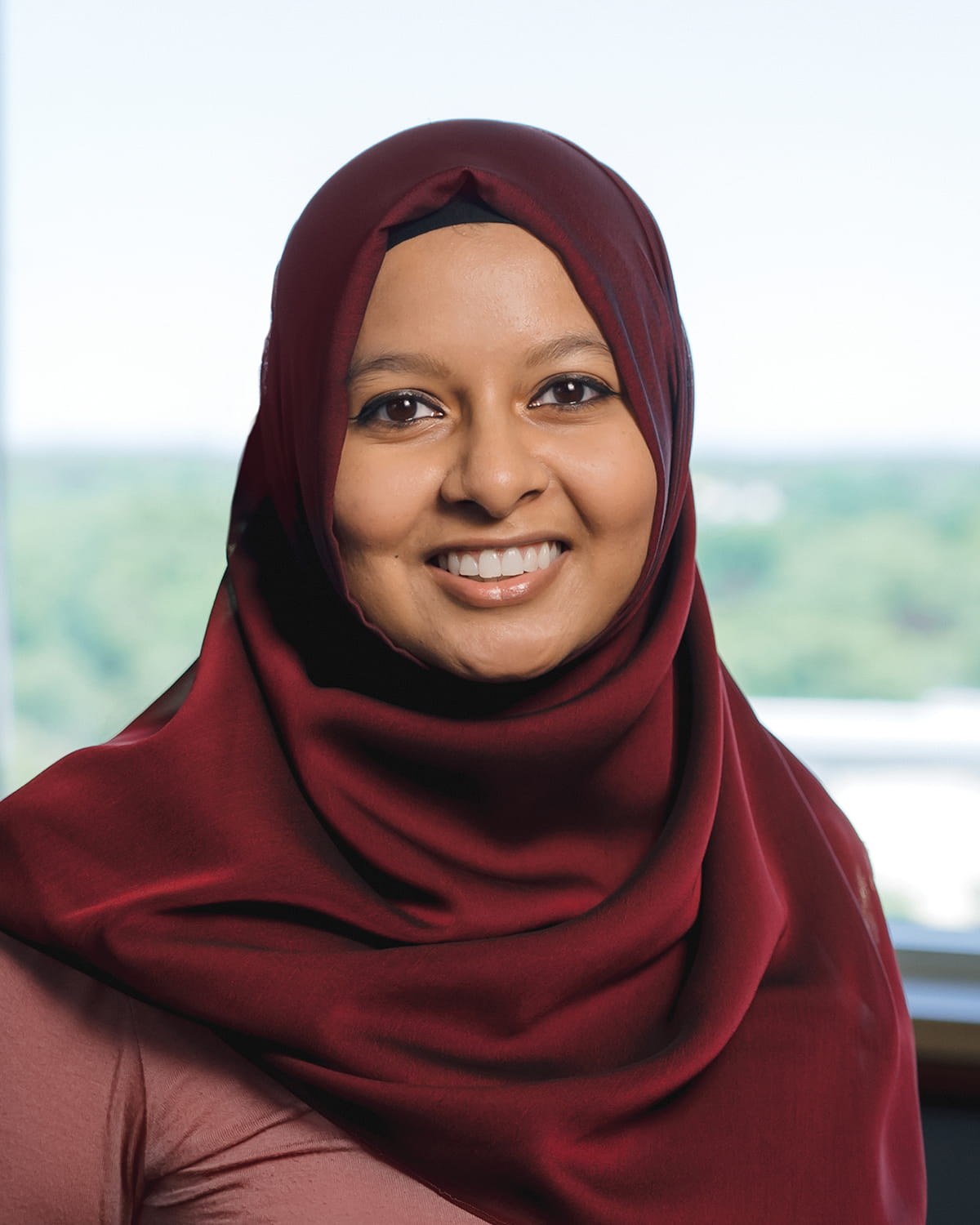Sarah Estanislau Leaks - Patient Information And Care
When we hear phrases like "sarah estanislau leaks," it often sparks thoughts about personal information, how it's handled, and the trust we place in institutions that look after our private details. In the world of healthcare, this trust is especially important, as sensitive health data is collected and managed every single day. We give over so much of ourselves when we seek care, and knowing our information is safe is a big deal, you know? People really want to feel secure about their medical records and personal stories when they are shared with doctors and nurses.
The idea of information getting out, or "leaks," can be quite unsettling, particularly when it touches on something as personal as health matters. It makes us think about the systems that keep our data protected and the responsibilities that come with managing such delicate records. We wonder, quite naturally, about the measures put in place to ensure that what we share in confidence stays that way. It's a very human concern, really, wanting to know that your private life, especially your health picture, remains just that—private.
So, as we talk about "sarah estanislau leaks," it's not about specific events but rather a chance to consider the broader picture of how patient information is managed within a healthcare setting, like the SARAH network. We'll look at the ways information is gathered, used, and kept secure, drawing on details about how the SARAH network operates. It’s a good moment, actually, to just think about the careful balance involved in providing care while also safeguarding personal histories.
- Exploring The Lives Of Gilbert Arenas Kids
- What Happened To The Cast Of Everybody Loves Raymond Now
- Unleashing The Power Of The Original Beyblade A Journey Through Time
- Unraveling The Enigmatic Life Of Andrea Canning
- Kelsey Grammer The Versatile Actor And His Journey Through Fame
Table of Contents
- What Does "Sarah Estanislau Leaks" Bring to Mind for Patient Data?
- How Does a Network Like SARAH Handle Patient Information?
- The Role of Digital Tools and Privacy at SARAH
- Why is Understanding Information Flow so Important?
- SARAH's Focus on Rehabilitation and Data Needs
- Accessing Your Information at SARAH
- The Public Funding and Trust Aspect
- Thinking About Data in Healthcare Today
What Does "Sarah Estanislau Leaks" Bring to Mind for Patient Data?
When a phrase like "sarah estanislau leaks" comes up, it really gets people thinking about the safety of their private details, particularly in places like hospitals. It's a natural reaction to wonder how secure our health information is, especially when we share so much with medical professionals. We hand over our personal stories, our health histories, and our current conditions, all with the expectation that this information will be handled with the utmost care and kept confidential. This phrase, in a way, acts as a prompt for us to consider the careful management of sensitive records. It just makes us pause and consider the systems in place.
It brings up a really important point about trust. Patients need to feel completely sure that their medical records, which contain some of the most personal aspects of their lives, are not just protected but also used only for their care. The very idea of any kind of information getting out, or "leaking," can make anyone feel a bit vulnerable, to be honest. It’s about the peace of mind that comes from knowing your private health picture stays that way. This kind of discussion, sparked by the phrase "sarah estanislau leaks," reminds us of the constant need for vigilance in how personal data is looked after in the healthcare setting.
In a healthcare system, every bit of information collected, from a first appointment to a long-term treatment plan, is a piece of someone's personal story. The sensitivity of this data means that any mention of "leaks" immediately highlights the importance of strong security measures and clear privacy rules. It makes us think about the policies that guide how information is gathered, stored, and shared. So, while we aren't talking about a specific event, the phrase "sarah estanislau leaks" serves as a powerful reminder of the deep responsibility healthcare providers have to keep patient details safe and sound. It’s a pretty big deal, you know, for everyone involved.
- Exploring The Life Of Billy Bob Thorntons Brother
- Unveiling G Eazys Romantic Life Who Is His Girlfriend In 2024
- Unveiling The Life Of George Straits Son Bubba A Journey Beyond The Spotlight
- Exploring The Romantic Life Of Anthony Kiedis Who Is His Girlfriend
- Love Story The Journey Of Thomas Rhett And Lauren Akins
How Does a Network Like SARAH Handle Patient Information?
The SARAH network, a group of hospitals focused on helping people get better through rehabilitation, has specific ways of dealing with patient information right from the start. We know, for example, that every single visit to a SARAH hospital begins with a medical consultation that has been set up ahead of time. This approach, where everything is pre-scheduled, means that the process of collecting patient details is quite structured and orderly. It’s not about quick, unexpected visits; rather, it’s a planned interaction where information can be gathered in a calm and organized manner, which is usually a good sign for data management.
Because these hospitals are dedicated to rehabilitation, they don't handle emergencies. This focus on rehabilitation means they often work with people over a longer period. This type of ongoing care naturally involves gathering a lot of information over time, like progress notes, treatment plans, and details about a person's recovery journey. It's a continuous flow of data, really, built up through repeated interactions. This long-term relationship with patients means that the system needs to be particularly good at keeping a comprehensive and updated record of each person's health story, and that means careful handling of all those details.
Furthermore, the SARAH network provides a dedicated area for patients to access their own information. This patient portal is a place where people can find details about their appointments, their treatments, and keep track of any requests they've made. Giving patients direct access to their records like this is a big step in transparency and control over one's own health data. It means that individuals can see what information is being held about them, and it probably helps them feel more connected to their care journey. It's a good way, you know, to put some power back in the hands of the person receiving care.
The Role of Digital Tools and Privacy at SARAH
In today's connected world, digital tools play a pretty big part in how healthcare organizations manage their services and patient information. The SARAH network, for instance, uses cookies. These are small files that temporarily record and save things on a user's computer. The main reason for using these, as stated, is for statistical purposes and to make their services better. This means they are gathering general data about how people interact with their online presence, which helps them understand what works well and what might need some improvement. It’s a common practice, really, for websites to gather this kind of information.
The use of cookies, while often for general improvement, still brings up the topic of data collection and privacy. It highlights that even seemingly small pieces of digital information are being gathered. This is why having a clear privacy policy is so important. The SARAH network does have a privacy policy, which is dated 2025 and states that all rights are reserved. The presence of such a policy is a signal that the organization has thought about how it handles personal information and aims to communicate its practices. It's a foundational document, in a way, that sets the ground rules for data management and helps build trust with those who use their services.
A privacy policy typically outlines what kind of information is collected, how it’s used, and the steps taken to keep it safe. For a healthcare provider, this document is absolutely crucial because of the sensitive nature of health data. It’s a way for the organization to tell people, "This is how we protect your details." So, while the mention of "sarah estanislau leaks" might make us think about potential breaches, the presence of a privacy policy shows an effort to establish guidelines and protections for the information they handle. It's a very necessary part of operating in the digital space, especially when dealing with personal health information, to be honest.
Why is Understanding Information Flow so Important?
Understanding how information moves and is managed within a healthcare system is incredibly important, not just for the organization but for every single person who receives care. When we hear phrases like "sarah estanislau leaks," it really brings to the forefront the need for clear communication about data practices. Knowing how your medical details are collected, stored, and shared helps build a strong sense of trust between patients and healthcare providers. It’s about feeling confident that your personal health story is in good hands and won't be seen by just anyone, which is a big comfort.
For individuals, knowing the ins and outs of information flow means they can make informed choices about their own health journey. It allows them to understand their rights regarding their data and to feel more in control of their personal information. If you know how to access your records, how to update them, or how to ask questions about them, it empowers you as a patient. This transparency is a key element in modern healthcare, really, because it moves away from a system where information is just held by institutions and moves towards one where individuals are partners in their own care, with access to their own details.
From the perspective of a healthcare network like SARAH, a clear understanding of information flow is vital for operational efficiency and maintaining public confidence. It helps them ensure that data is accurate, accessible to the right people, and protected from unauthorized access. This attention to detail in managing information means that care can be delivered more effectively, as medical teams have the correct and complete picture of a patient's needs. So, it's not just about avoiding "leaks"; it's about creating a robust system that supports both excellent patient care and strong data protection, which is, in a way, the goal for everyone involved.
SARAH's Focus on Rehabilitation and Data Needs
The SARAH network's dedication to rehabilitation really shapes the kind of patient information they need to collect and how they use it. Unlike a general hospital that might see a patient for a short, acute illness, rehabilitation often involves a longer, more involved journey of recovery and progress. This means that the data collected isn't just a snapshot; it's a continuous narrative of a person's physical and sometimes emotional improvements, challenges, and goals. It’s a very detailed story, really, that unfolds over time.
We also know that at SARAH, rehabilitation therapy isn't limited to just the hospital setting. This suggests a broader approach to care, possibly involving follow-ups at home or in other community environments. When care extends beyond the hospital walls, the need for consistent and easily accessible patient data becomes even more important. Different care providers, perhaps even outside the immediate hospital team, might need to access relevant information to ensure continuity of care. This kind of distributed care model absolutely relies on a very good system for managing and sharing information securely.
For an effective approach, the goal is to make every moment of the patient's journey meaningful. This focus means that every interaction, every therapy session, and every step in recovery becomes a point of data that contributes to the overall picture of a person's health and progress. It’s about building a comprehensive record that helps the care team understand where the patient has been, where they are now, and where they need to go. This holistic view of patient care, while incredibly beneficial for recovery, also means that a lot of personal information is gathered and maintained, making the discussion around "sarah estanislau leaks" even more pertinent for such a detailed system.
Accessing Your Information at SARAH
One of the ways the SARAH network supports its patients is by providing clear avenues for them to access their own health information. This is a really important feature for any modern healthcare provider, as it helps people feel more connected to their care and more in charge of their own health journey. Patients can use a dedicated area to get details about their scheduled appointments, understand their treatment plans, and keep track of any requests they've made. It's like having a personal health dashboard, which is pretty neat, you know?
The system also makes it possible to ask for outpatient care. This means if you need a consultation or follow-up that doesn't require an overnight stay, you can request that through their system. This ease of requesting services online or through a patient portal really simplifies the process for people seeking care. It’s about making healthcare more accessible and less of a hassle, which is always a good thing. The ability to manage these requests digitally also points to a system that handles a lot of patient data electronically, which brings us back to the general discussion of information safety.
Moreover, the SARAH network allows individuals to choose the specific city where they want to receive care. This flexibility means that patient records need to be accessible across different locations within the network, or at least transferable when a patient moves from one SARAH center to another. This kind of interconnectedness, while very convenient for patients, also highlights the need for a robust and secure system that can manage and transfer sensitive health information reliably between different sites. It’s a complex setup, in a way, that needs careful attention to detail to ensure everything runs smoothly and securely.
The Public Funding and Trust Aspect
The SARAH network of rehabilitation hospitals operates as a publicly funded institution. This means it gets its money from public resources, and in return, it provides health services using the taxes paid by citizens. This aspect of public funding adds another layer of importance to how information is managed and how trust is maintained. When an institution is supported by the public purse, there's a heightened expectation of transparency, accountability, and responsible handling of all resources, including patient data. It's a
- Justin Bieber And P Diddy The Unlikely Connection
- Discovering The World Of Yesmovies Your Ultimate Guide To Streaming
- Embracing The Beauty Of Long Hair Framing The Face
- Exploring The Life And Family Of Lauren London A Look At Her Kids
- Unraveling The Mystery Of Alfred Enochs Wife

Sarah M Sharief, DO, Family Medicine | Ascension

Sarah Ferguson exclusive: ‘Meghan has made Harry very happy’

Download Sarah Lancaster: Elegant Beauty in Hollywood Wallpaper